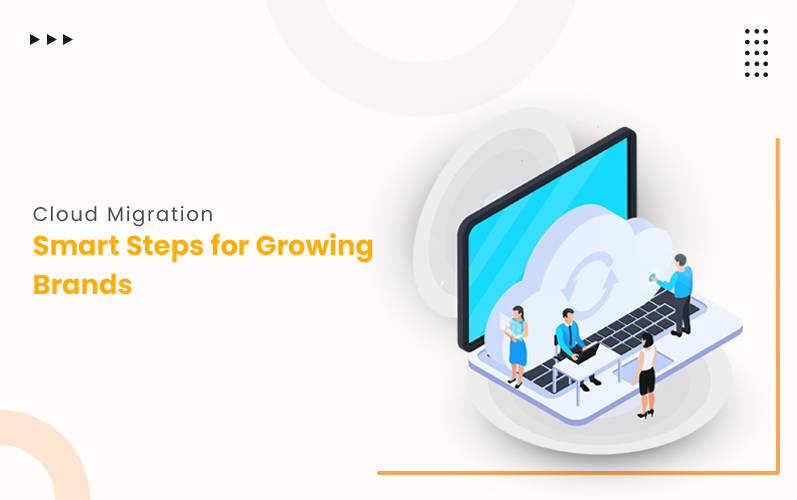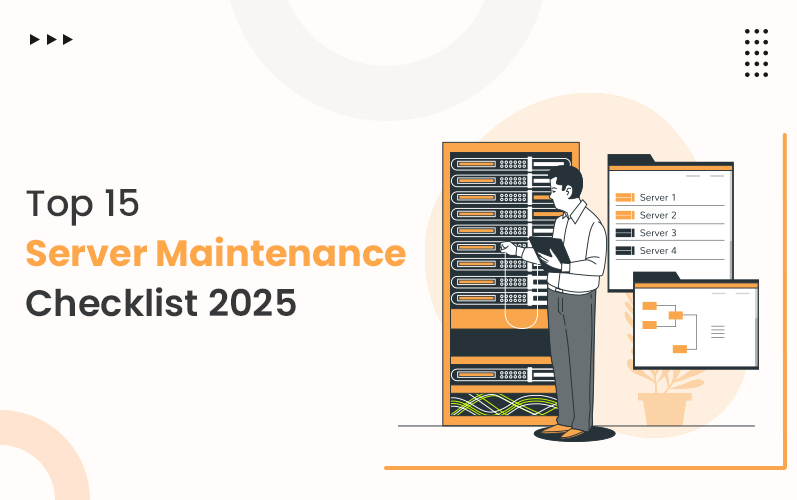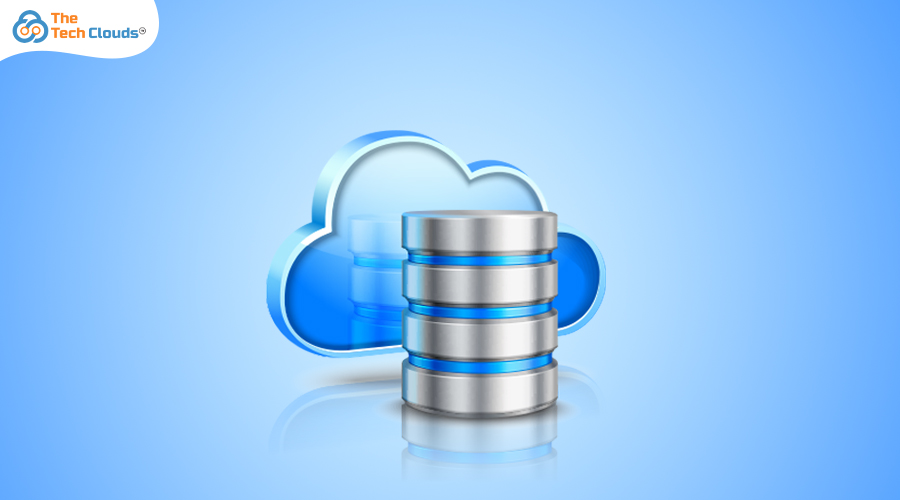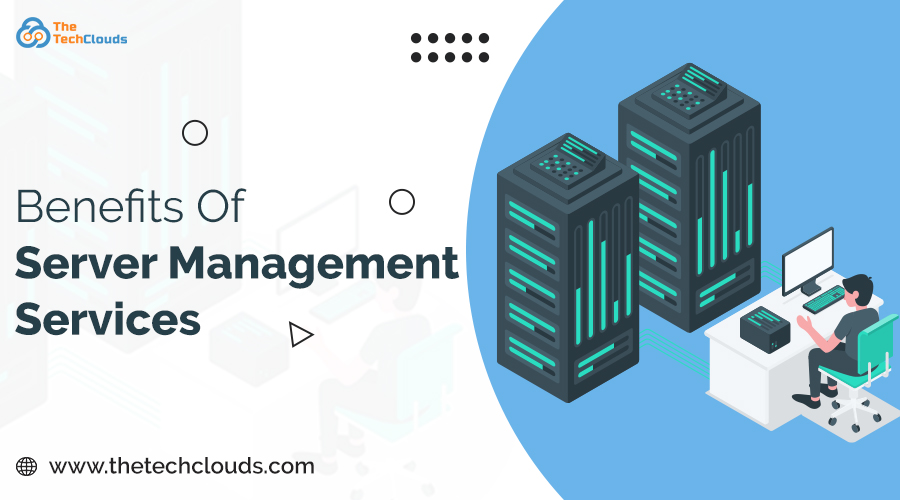Many startup owners often begin with a simple question: Why cloud migration? When you launch a business, its operations may seem manageable. But this won't remain the same after five years down the line. As the company expands, the entire scenario changes. To stay relevant in this competitive marketplace, you must prepare for the future.
Cloud migration is the key that makes you capable of adapting to the evolving changes of a fast-paced marketplace. Traditional physical infrastructure provides limited space. Whereas cloud infrastructure provides endless space. This holds far larger volumes of data than on-premises systems. There you can keep your information safe without the fear of losing it and breaches. Another best part is accessibility. In case you're operating your business from another country or from other devices. You do not need to worry about your applications, services, or workflows.
Global cloud migration is projected to reach USD 20.5 billion by 2025, growing at a compound rate of about 24.8%. These numbers make it clear that for growing businesses, adopting cloud migration services is not just a choice anymore. It paves the expansion path for your business, giving it a leading edge.
What is Cloud Migration?
Cloud migration is the process of transferring digital assets to a company. All data and information are moved from on-premises setups to cloud-based environments. Moving to the cloud allows businesses to cut down operational costs. This eliminates unnecessary hardware expenses, strengthens security, and improves overall agility and innovation. By shifting to cloud servers, organizations gain greater accessibility. This approach enhances performance through flexible, on-demand resources. Working on these servers means you have the ability to adapt quickly to market changes, making operations more efficient and future-ready. This transition supports long-term growth and strengthens technological resilience for modern enterprises today.
Key Benefits of Cloud Migration
An effective cloud migration strategy can help your business with numerous benefits. Some of them are given below:
- Scalability: Cloud migration enables businesses to scale resources quickly without major infrastructure limitations. Hire dedicated AWS developers to continuously check your cloud environment. This scales up your business and supports rapid growth in the future.
- Cost Efficiency: Cloud migration reduces expensive hardware requirements. By shifting workloads to virtual environments, you can save money on maintaining servers, teams, and physical storage. Using cloud infrastructure, businesses will just pay for the resources they are using.
- Enhanced Security: Cloud migration strengthens data protection. Utilizing advanced encryption and continuous monitoring tools, it enables companies to safeguard their data. Companies improve compliance and safety significantly, employing modern encryption and multi-layer authentication.
- Improved Accessibility: Cloud migration allows teams to access systems from anywhere. This mainly operates using secure and reliable connections. Businesses, when hiring DevOps engineers, can increase their productivity across various locations.
- Faster Innovation: Cloud migration accelerates development cycles. Through automated deployments and flexible testing across environments, teams can deliver updates rapidly. Clouds enable businesses to stay agile so that they can embrace any new changes in the market.
Key Challenges of Cloud Migration
You may experience severe pitfalls when cloud migration is not done by adept hands. Some of the drawbacks are given below:
- Data Migration Complexity: Businesses may face this problem during data transition. When you're moving large datasets across cloud environments, you often observe minimal downtime. Incorrect planning always leads to delays and errors.
Tip: Always create a structured migration roadmap. This strategy should include sequencing, validation, and backup plans.
- Security Concerns: Transferring sensitive data always involves security risks. Weak access policies generate cyber-threat exposure in which your business information becomes susceptible.
Tip: Implement strong encryption. Zero-trust access and continuous security audits are essential for safe transitions.
- Cost Overruns: This happens when resource usage grows unexpectedly. If a novice handles cloud configurations, it may result in escalating budgets. Hire an expert cloud migration company to do long-term financial planning. This lets you get ahead of budgeting issues and eliminates overrun expenses.
Tip: Use AWS monitoring tips to track usage patterns. This prevents overhead and unnecessary cloud expenses.
- Integration Issues: Legacy systems take time to communicate with a new cloud platform. This often gives rise to integration issues. Only cloud experts can handle these kinds of issues. Such incompatibilities slow workflows, reduce efficiency, and increase operational effort across departments.
Tip: Conduct compatibility testing early and adopt middleware solutions. This streamlines system integration.
- Skill Gaps: Every business desires a successful transition. But due to the lack of expertise, it is often observed that your internal team is not able to make the migration. This arises from skill gaps.
Tip: You can only resolve it by hiring expert cloud migration services or by conducting training programs.
Key Steps for a Smooth Cloud Migration
Set your cloud migration strategy apart with a reliable tech partner. The Tech Clouds (TTC) comes with a proven action plan that makes the cloud transition process safe and hassle-free.
- Assess Your Current Infrastructure: Begin by evaluating existing systems. This helps you to understand the workloads and dependencies. Accurate assessment is always necessary to detect issues at an early stage. Quick identification assesses the potential risks and makes the transition smooth and error-free.
- Choose The Right Cloud Strategy: Choose an experienced company. They always provide you with the best migration approach. Their technical expertise handles challenges like a breeze. The strategy they provide prevents you from all confusion. This also keeps your transition process structured and efficient.
- Create Migration Plan: Develop timelines, backup protocols, and risk mitigation. Carry out these steps for every workload. A comprehensive migration plan ensures predictable outcomes. This mechanism also prepares teams for unexpected issues.
- Prioritize Data Security & Compliance: Implement strict security measures. This aids in protecting sensitive information during data movement. Ensuring compliance with industry regulations. This approach will help in reducing vulnerabilities while supporting safe operations.
- Conduct Rigorous Testing Before Deployment: Testing is an integral part of cloud migration. Test every stage thoroughly before proceeding to the next stage. Verify functionalities, performance, and system compatibilities. A professional company that provides cloud migration services will do comprehensive testing. They know that testing minimizes disruptions and confirms application stability in a cloud environment.
- Train Your Team: Provide practical training to your internal teams. Because they know the proper access of cloud tools and processes. Trained teams handle operational tasks confidently and reduce mistakes during critical transitions.
- Migrate in Phases while Monitoring Performance: Move workloads gradually to prevent collisions. This tactic also reduces disruptions and maintains full control during transitions. Monitor performance in real-time to detect issues early and uphold consistent productivity.
- Provide Post-Migration Support & Optimization: Provides round-the-clock support to the teams. This mitigates downtime, addresses emerging issues, and optimizes performance after completion. Ongoing refinement reinforces your team, strengthens operational efficiency, and maximizes long-term cloud value.
The Bottom Line
A successful cloud migration requires careful planning, structured execution, and continuous optimization. All these features help to achieve long-term stability. By following these essential steps, businesses can minimize risks and enhance performance. In today's era, cloud migration is essential for businesses to guarantee future growth and innovation.
Building the cloud future—together
At The Tech Clouds (TTC), we specialize in:
- Cloud Migration and Integration
- Software Testing Services
- Web Application Development Services
- Mobile App Development Services
- Server Management Services
Call our experts directly or mail us at sales@thetechclouds.com and modernize your services by moving to the Cloud!









